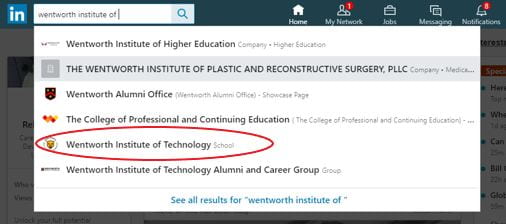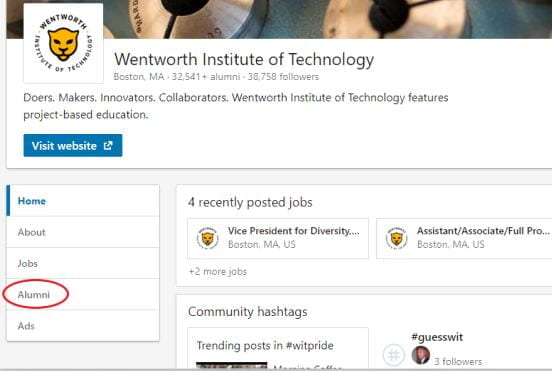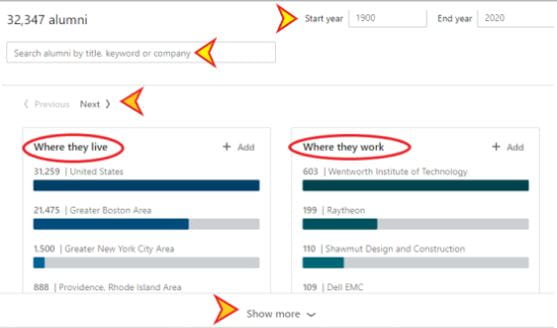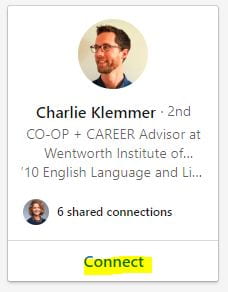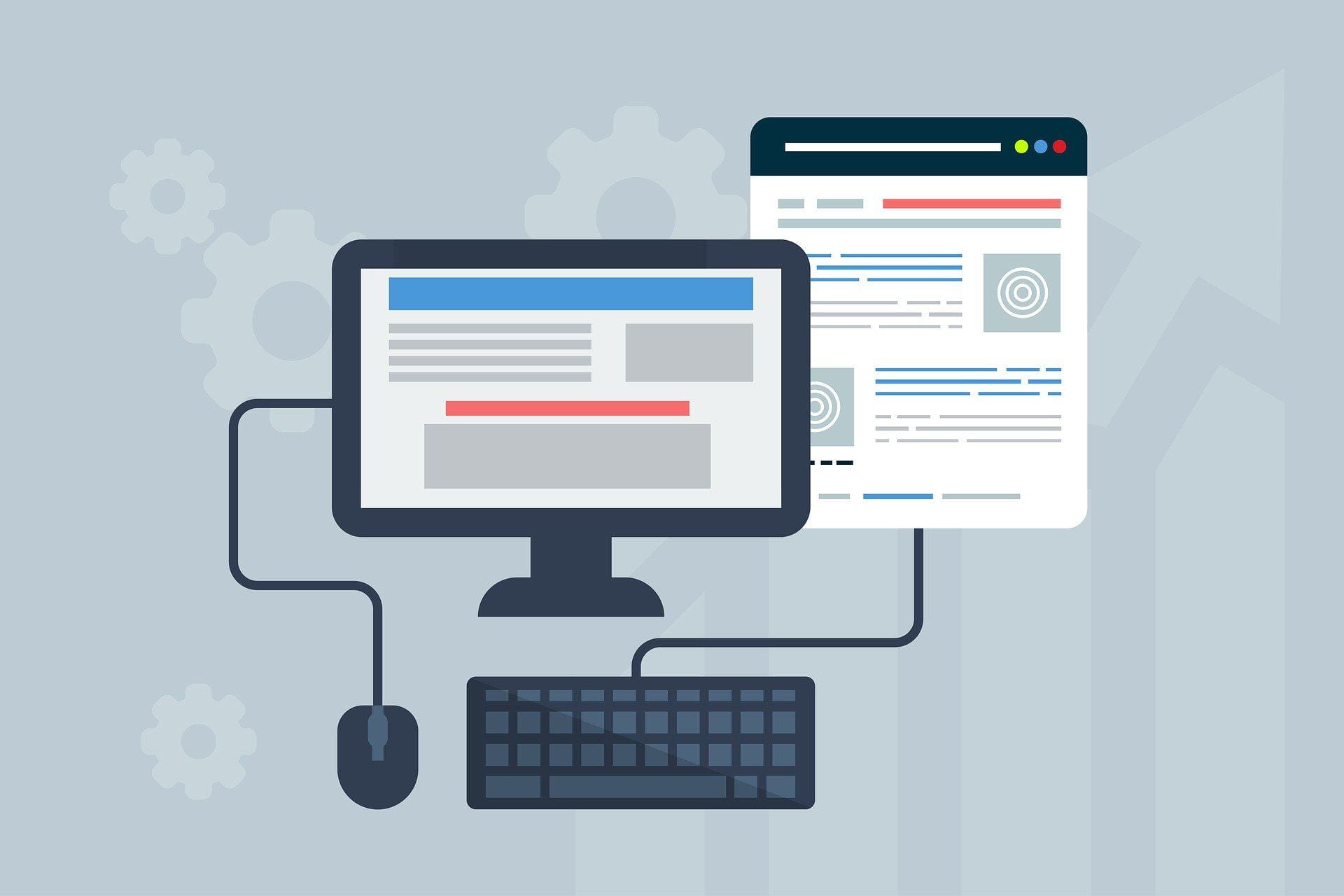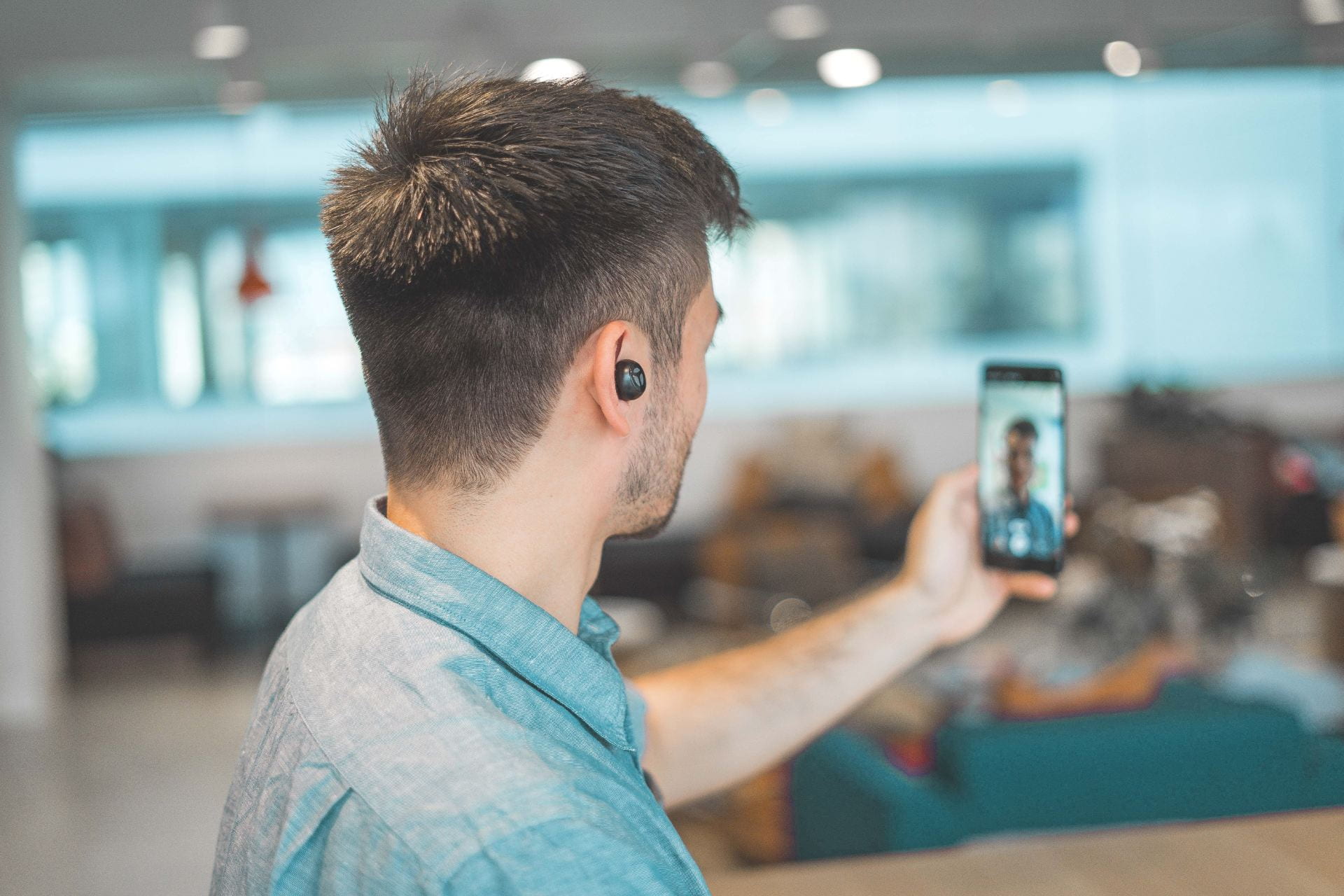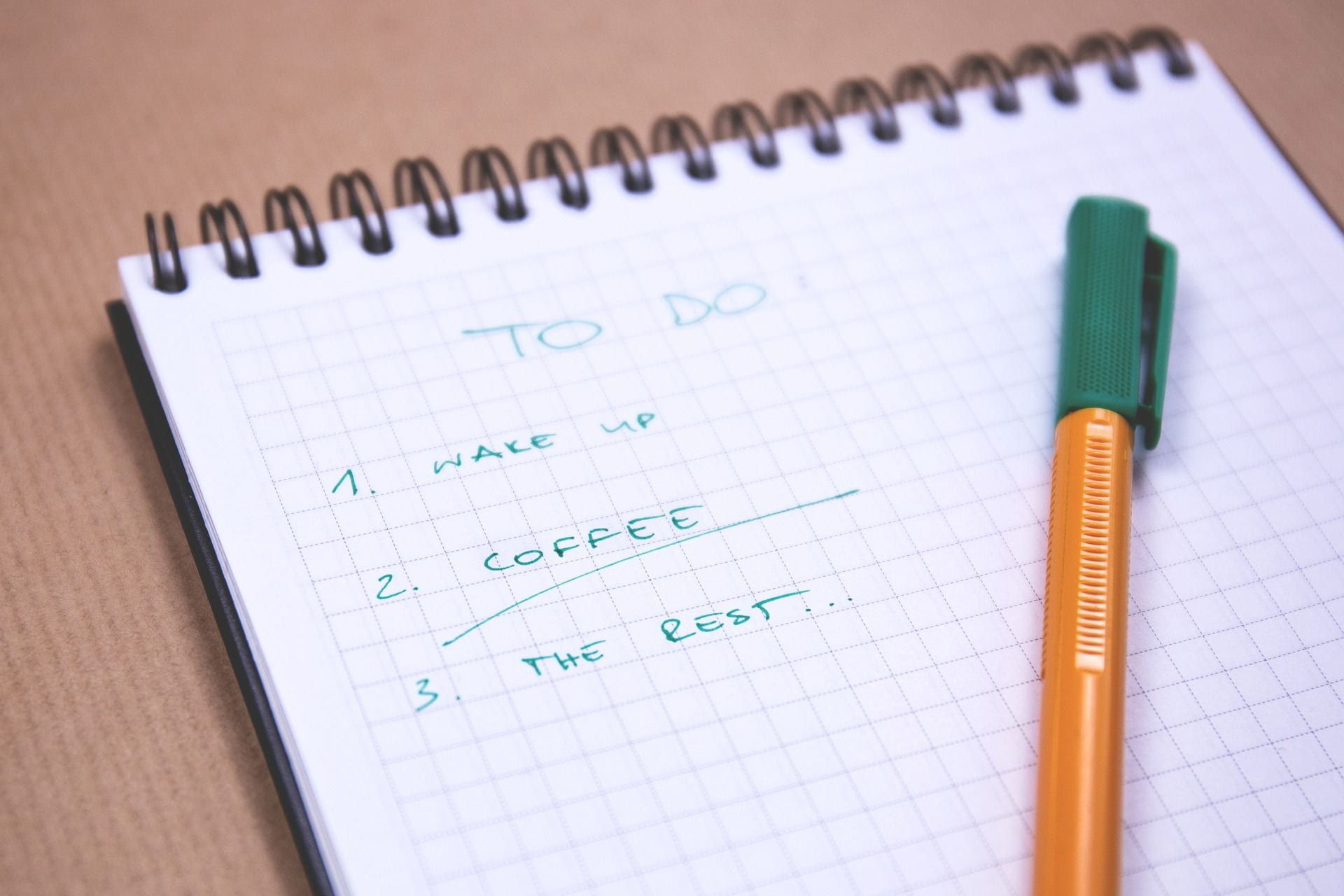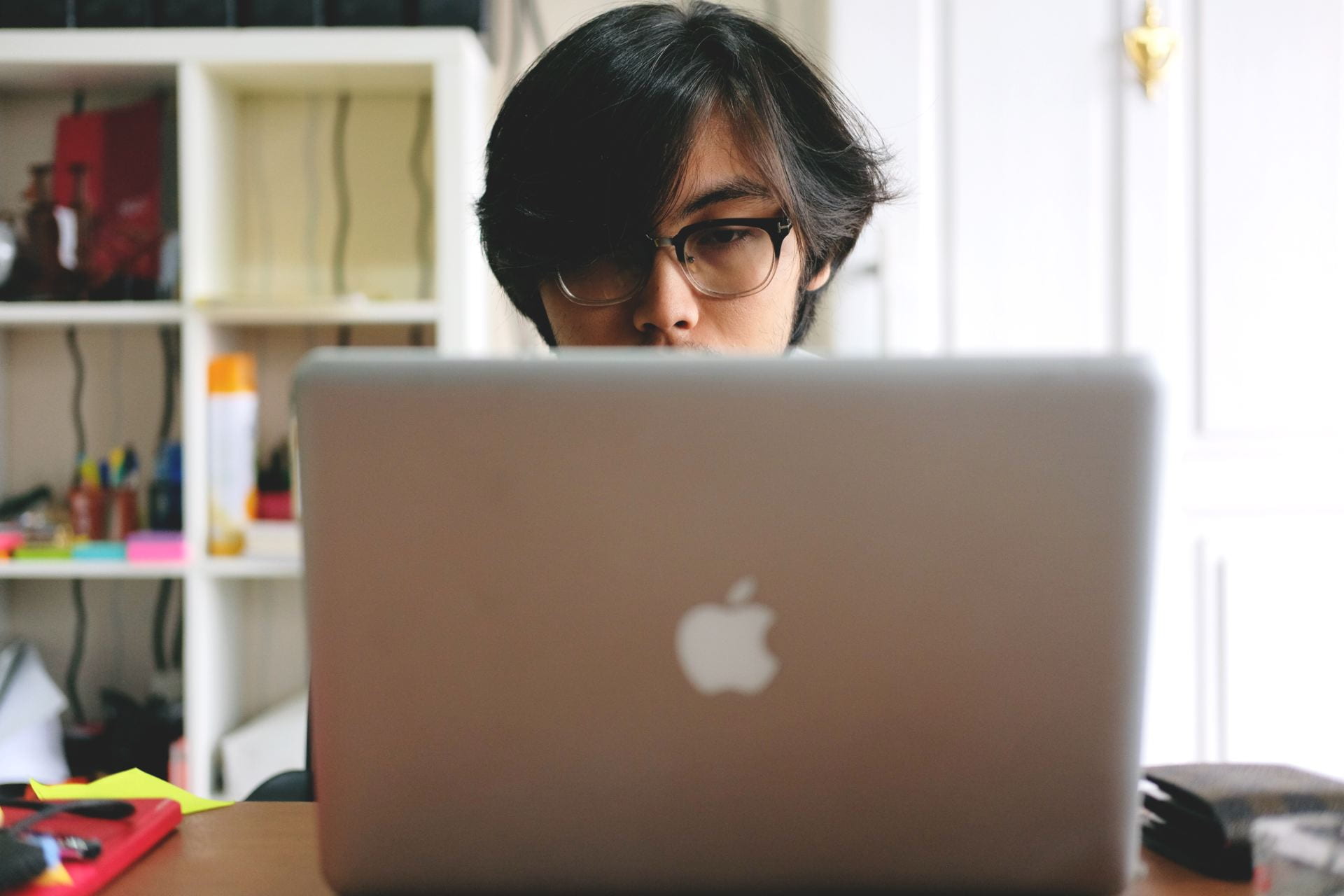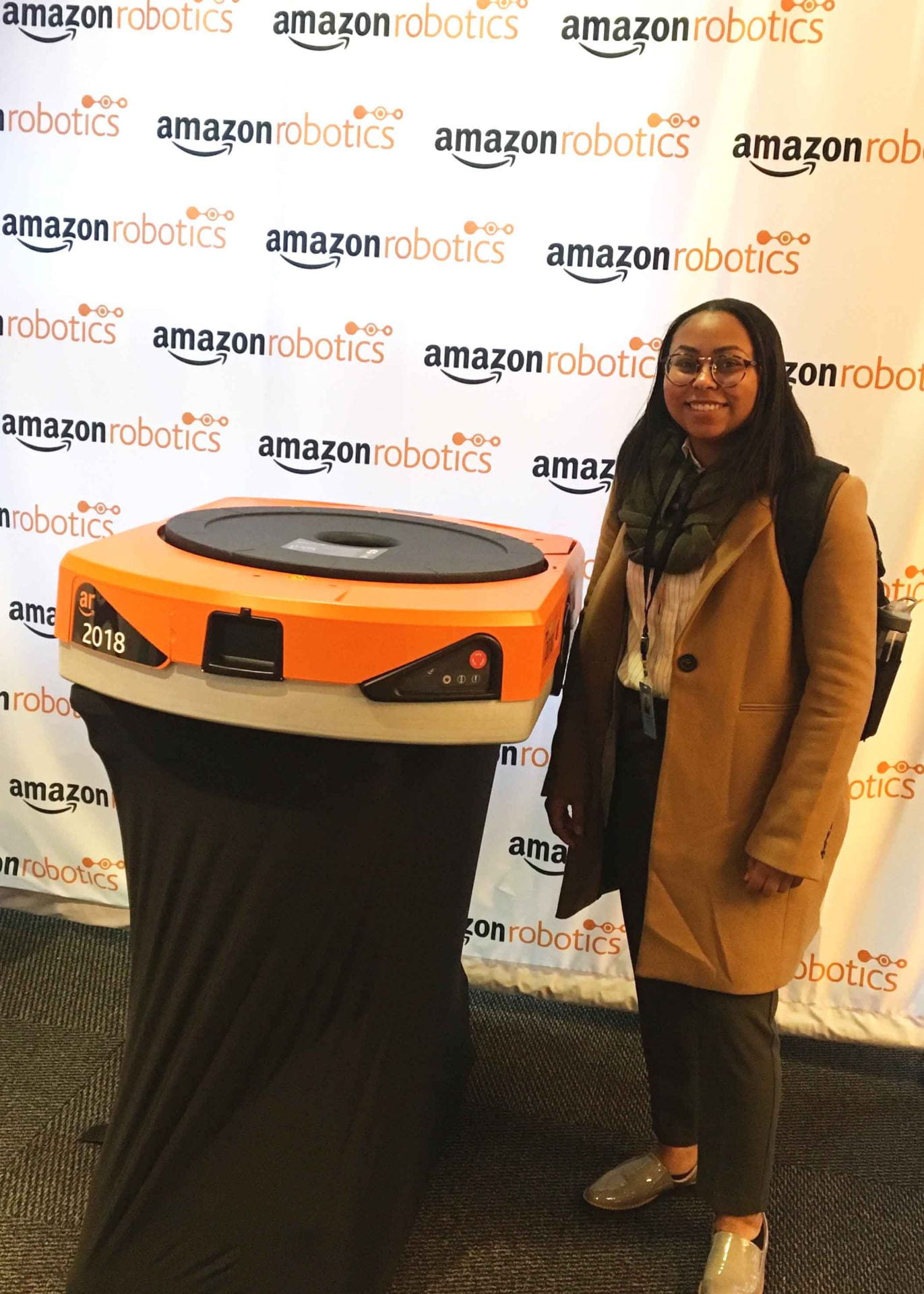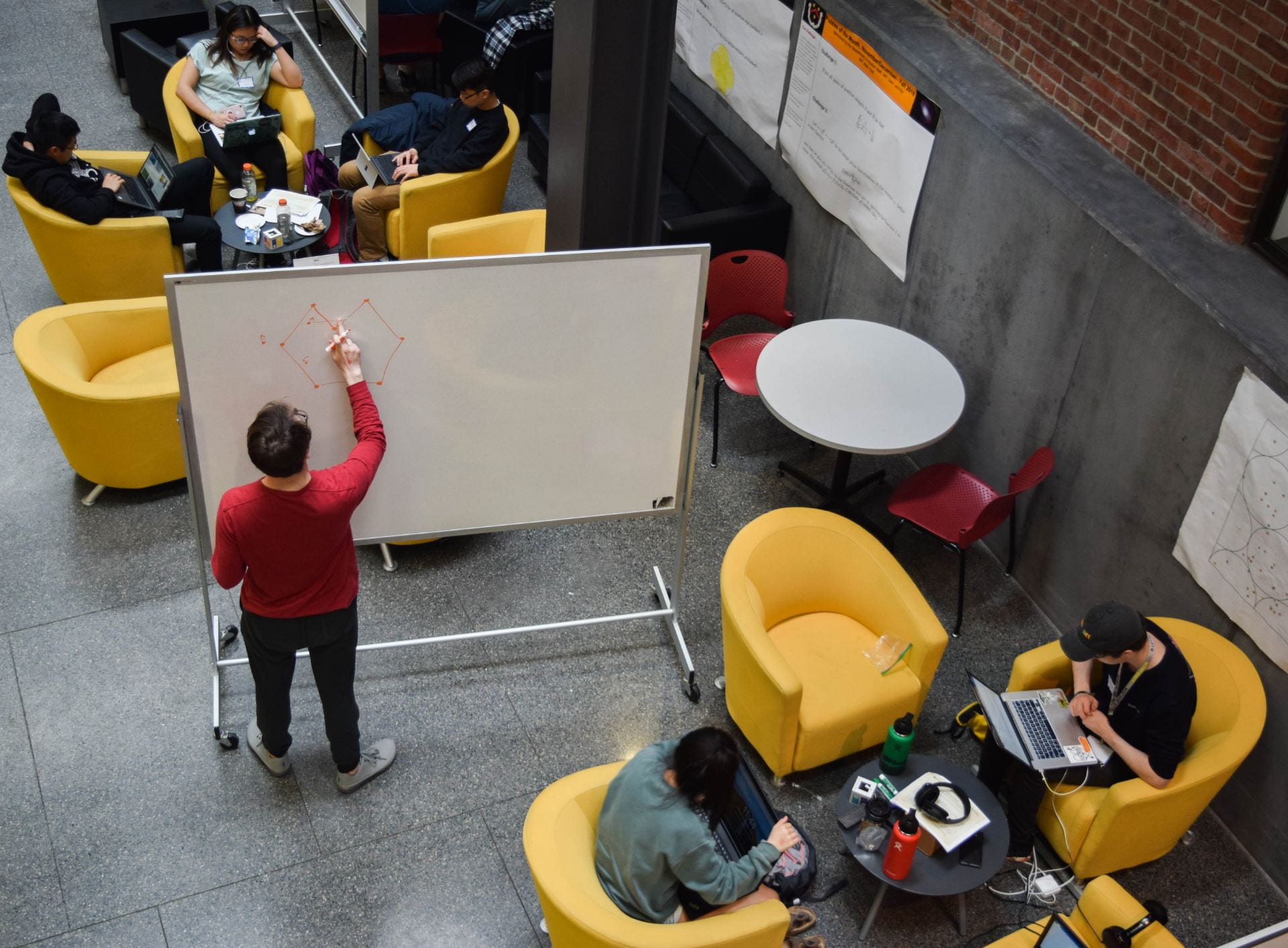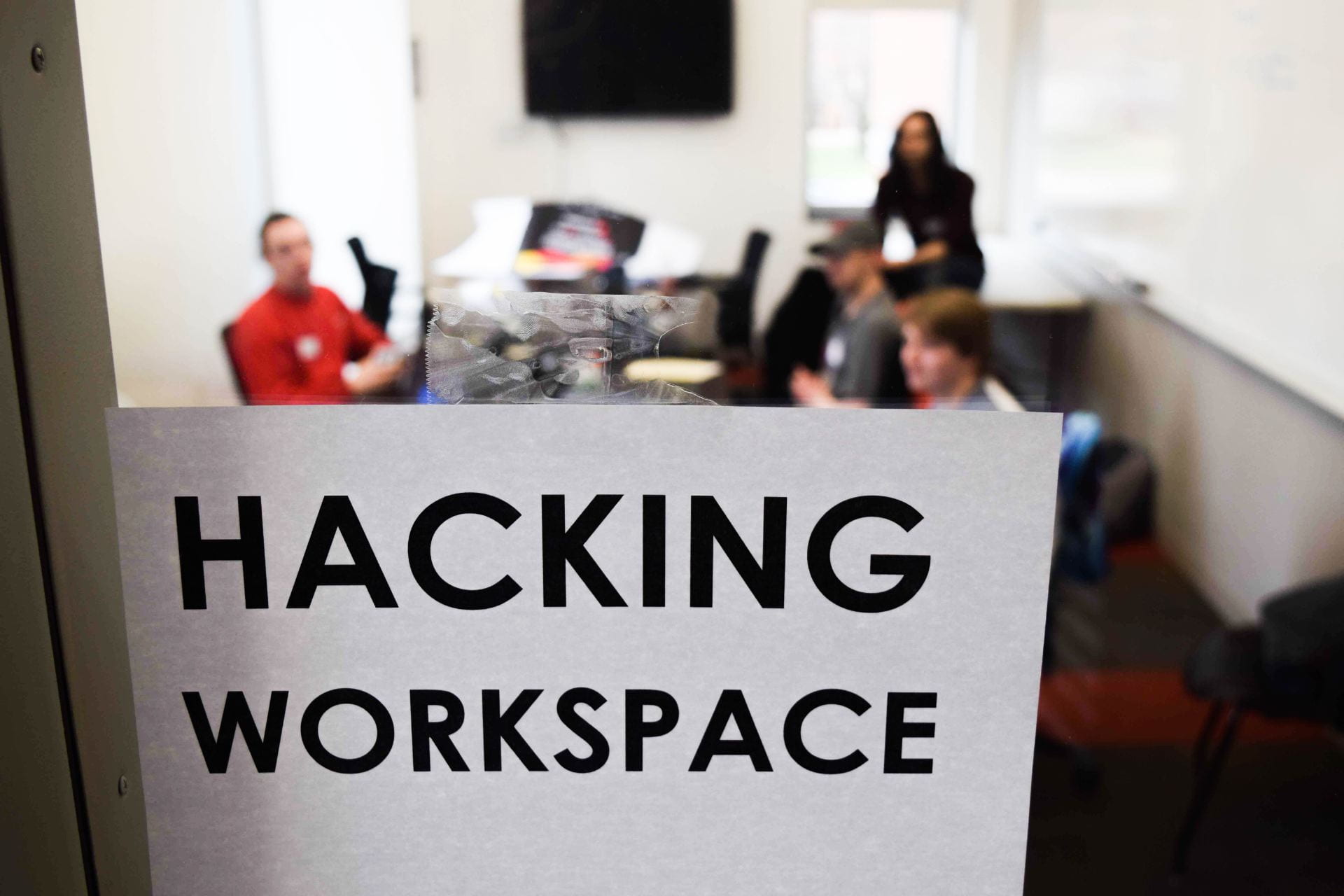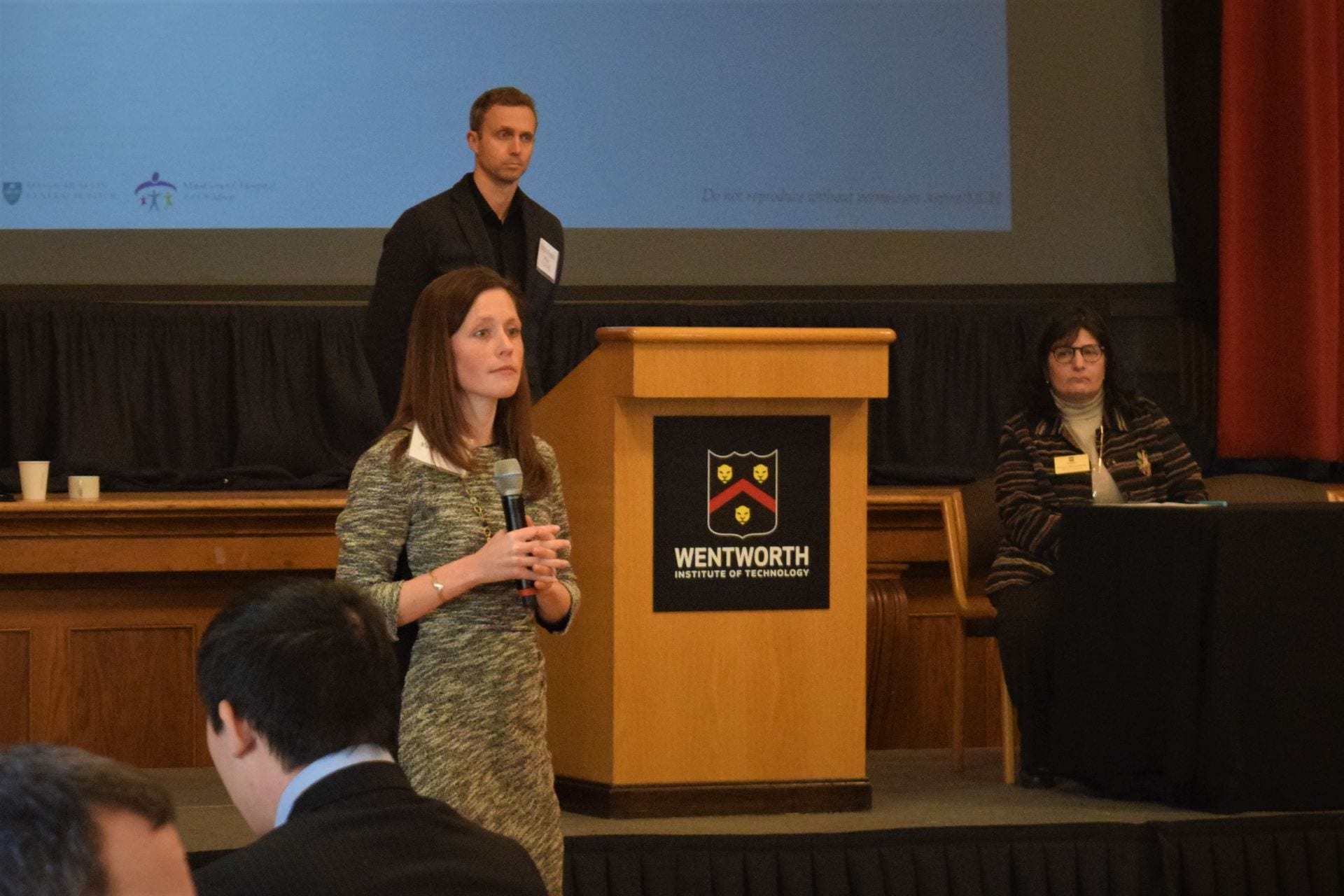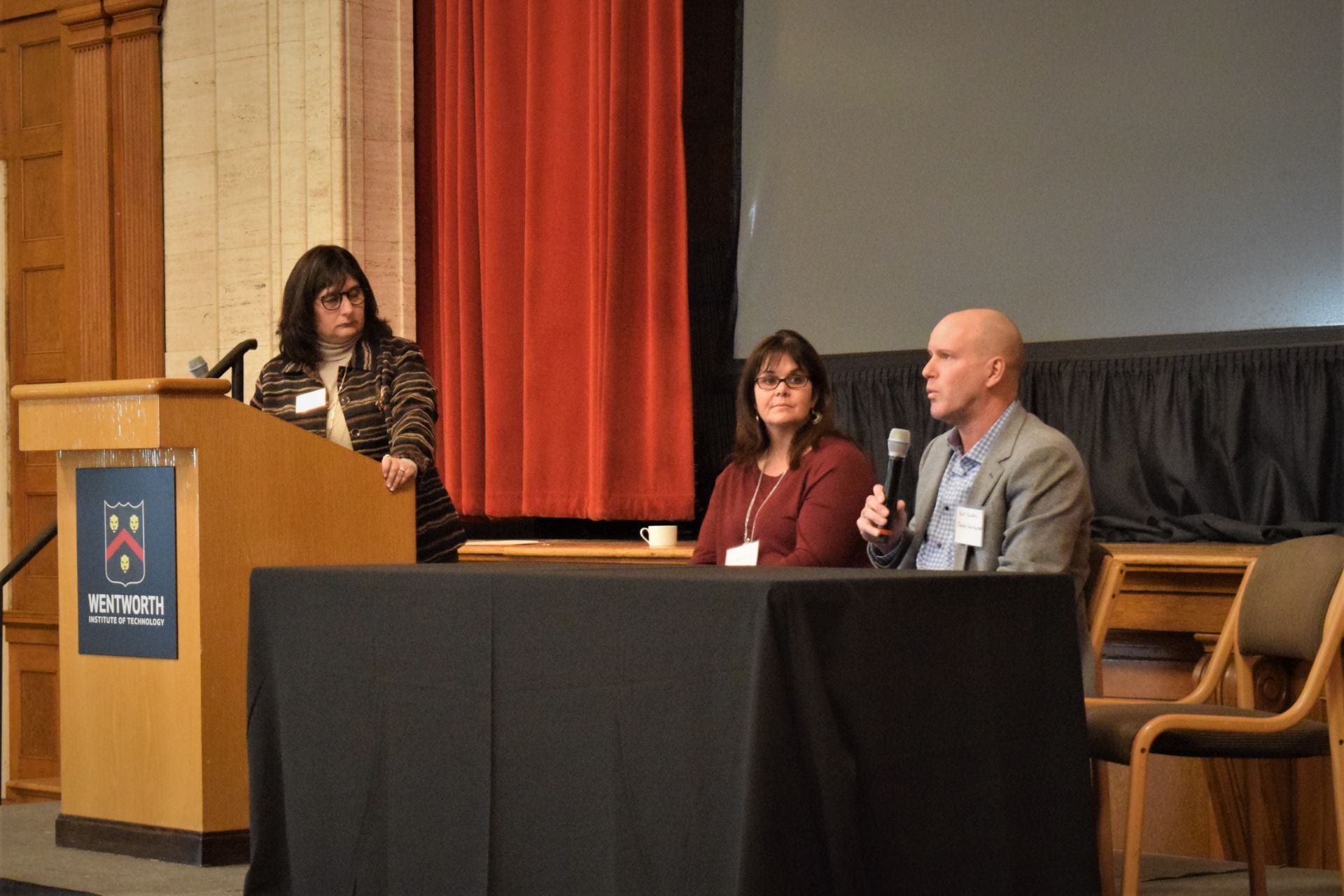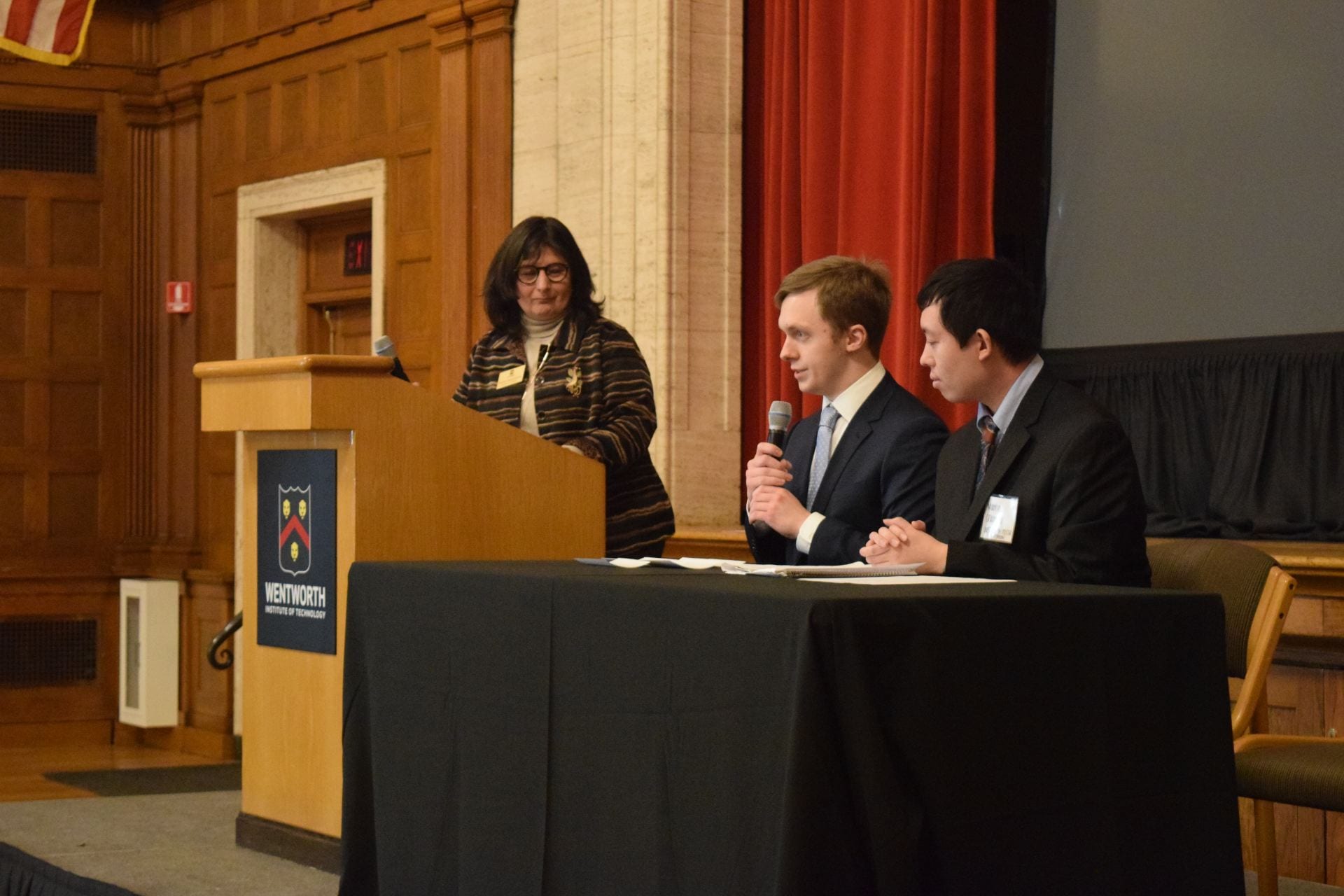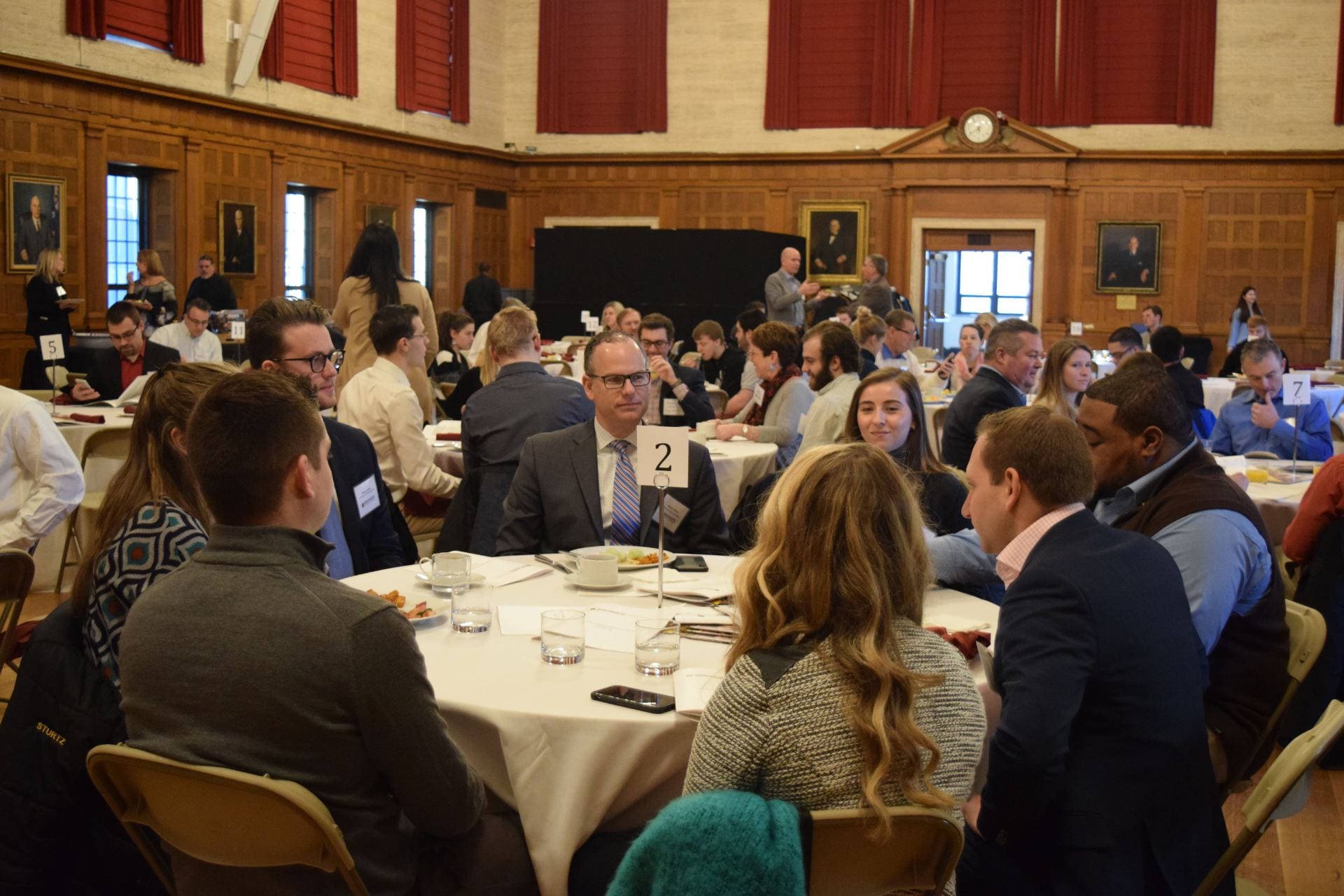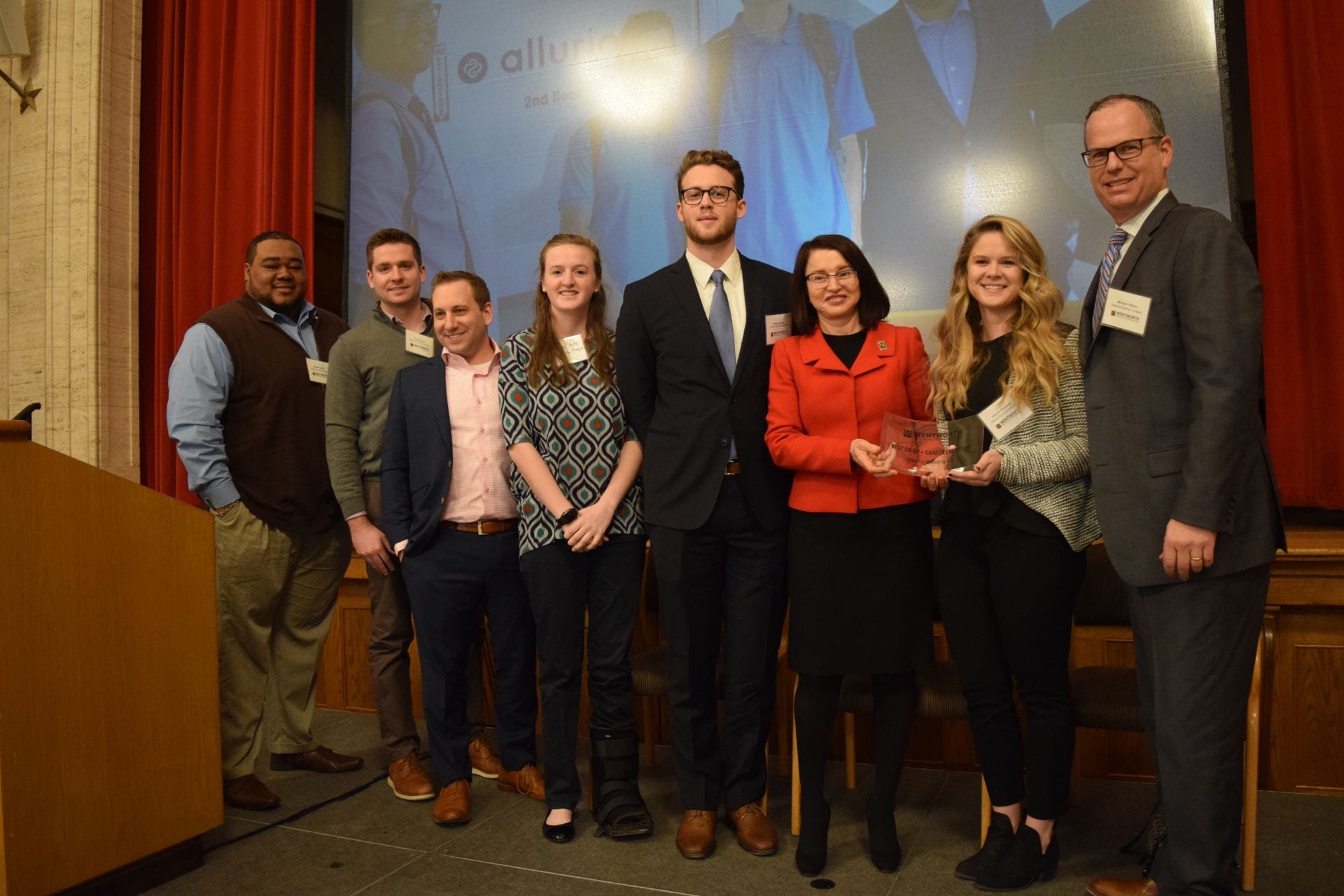By: Kristen Eckman
This week on WIRE Radio, the CO-OPS + CAREERS team sat down with Bridget McNamee, Associate Director of the Center for Wellness and Disability Services to talk about mindfulness as it relates to your career. Listen to the WITworks radio episode on demand, anytime here.
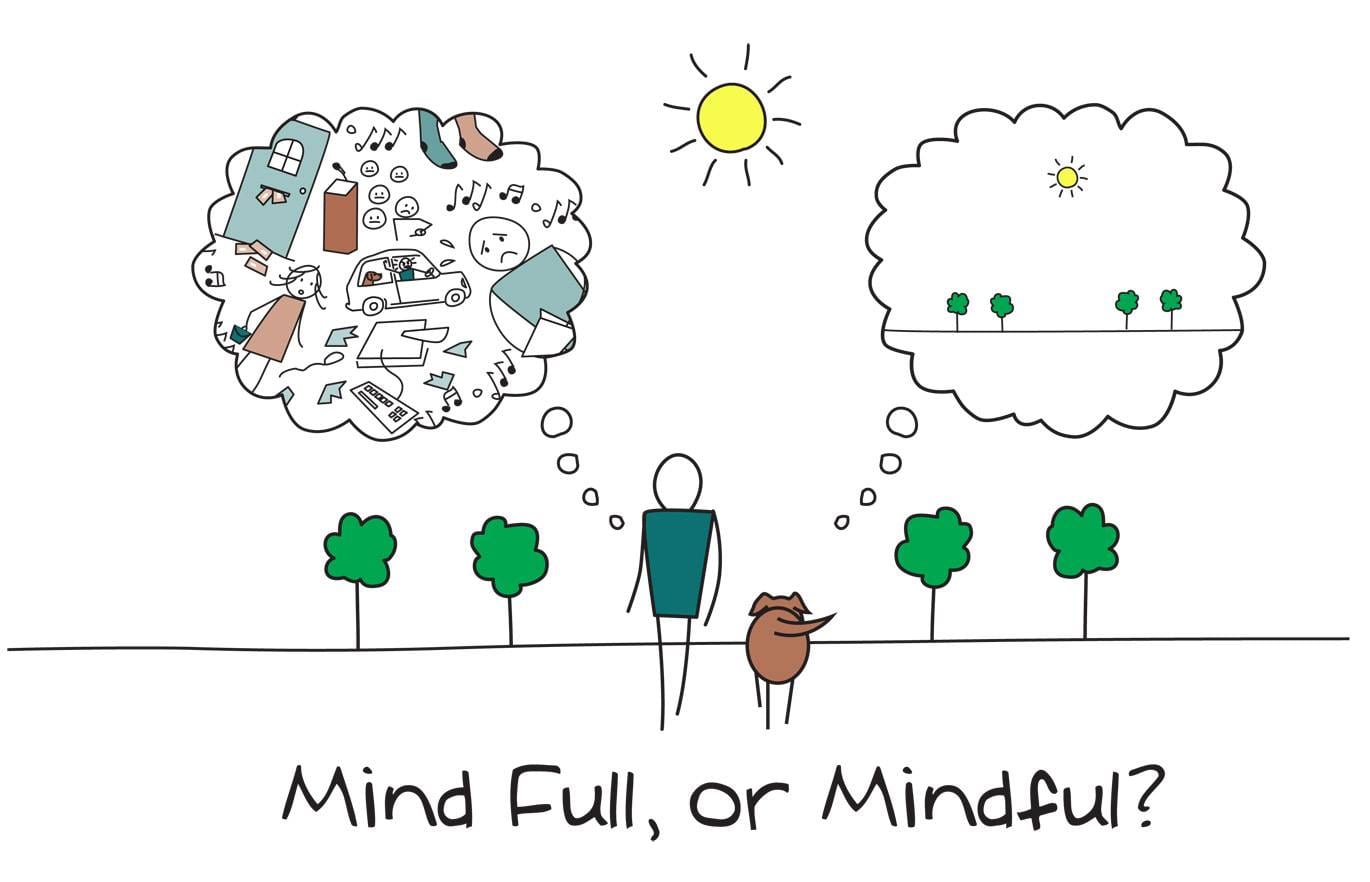
To better understand the topic of mindfulness, we asked Bridget the following questions:
What is the difference between mindfulness and meditation?
Mindfulness is defined as “the awareness that arises through paying attention, on purpose, in the present moment, non-judgmentally,” (Kabat Zinn)
Mindfulness means maintaining a moment-by-moment awareness of our thoughts, feelings, bodily sensations, and surrounding environment, through a gentle, nurturing lens. (https://greatergood.berkeley.edu/topic/mindfulness/definition). You can practice mindfulness anywhere at any time with anyone by simply being present and engaged in the here and now.
Meditation is an intentional and inward practice of mindfulness. Kabat Zinn says meditation is a systematic form of paying attention.
Ways to practice mindfulness include:
- Integrated mindfulness. Try bringing more awareness to your day-to-day.
By brushing your teeth:
Pay attention to the taste and texture of the toothpaste; mindful of the sensation of your feet on the bathroom floor; mindful of the way that your arm moves to direct the brush across your teeth; mindful of each and every tooth.
Or standing in line:
You set off mindful and quietly prepared for what you’ll need; mindful of how your mood changes when you first catch a glimpse of the line at the dining hall; mindful of how you stand, your breath and where any tensions are as you scan through your body; mindful of the tendency to distract yourself from the present moment; and mindful of how you interact with the people around you.
2. Dedicated-set aside time each day to practice meditation.
Think of your brain like a wild horse. Let your thoughts run and then rein them in a little, let them run and then rein them in a little more, and keep continue this process until you are focused.
Start with trying this for 2 minutes every day and slowly build up. Your mind WILL wander and all you need to do is notice that your mind has wondered. Do not judge yourself for it, just notice and bring it back, notice and bring it back.
Counting breaths can help (in for 3 seconds out for 3 seconds up to 10 breaths and then start over). You can also use visualization strategies. Imagine each breath brings in the warmth of the sun starting at the tips of your toes and work your way up to the top of your head through breath.
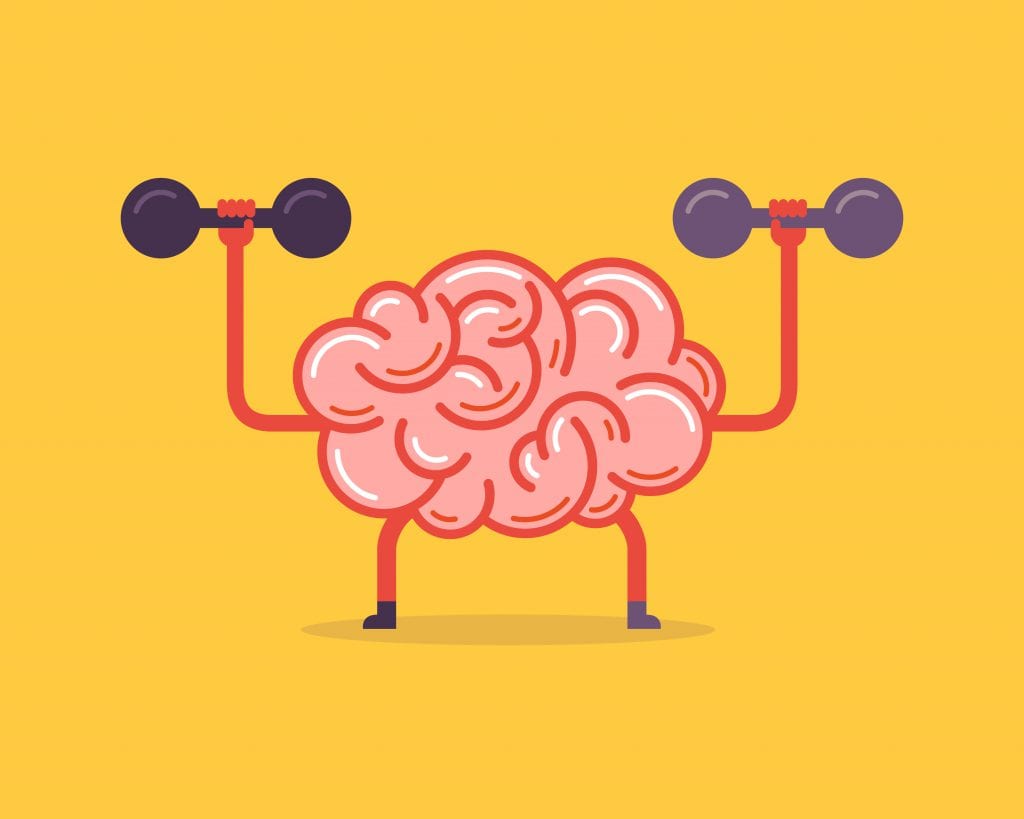
There’s a lot of reference to the present when talking about mindfulness/meditation. Why is being present so important?
A Harvard study found that people spend 46.9% of their time thinking about things other than what they are doing. They’re thinking about what happened in the past, what will happen in the future, and what might never happen. This has a detrimental effect. The study found a direct correlation to the amount of time not focused on the present and the level of unhappiness or dissatisfaction. The brain is wired to scan for threats and anticipate danger, a trait leftover from early evolution. This default to the negative combined with too much dwelling on the past or anticipating the future is a recipe for unhappiness.
A regular mindfulness/meditation practice can rewire the brain. A Harvard study showed an increase in gray matter in different parts of the brain that control learning and memory, emotional regulation, focus and concentration, perspective taking and empathy, and stress response. This was found among study participants who practiced mindfulness an average of 27 minutes/day over 8 weeks. Long story short, treat mindfulness like you treat exercise; a little bit most days of the week can make you stronger and healthier and better equipped to handle.
The key to this is regular practice-the same results have not been shown for people who practice mindfulness sporadically. While 27 minutes seems like a lot (and it is!), there is some evidence that even 10 minutes/day can produce results. More research is needed to confirm brain changes but study participants report positive results after daily 10 minute sessions.
Are the benefits of mindfulness physical, emotional, social, or all of the above?
All of the above! We already talked about how it can change the brain, but it can also change the body. A regular mindfulness practice boosts serotonin (the happiness chemical), melatonin (the sleep chemical), and endorphins (the feel good chemical) and reduces cortisol (the stress chemical).
Low serotonin has an impact on our mood and can be a symptom of depression; regular mindfulness practice increases serotonin and therefore creates a better environment for brain cells to do their job.
Melatonin is essential for recharging the body and enough melatonin is essential for sleep health, immunity, and healthy aging; regular meditation has been shown to increase melatonin levels by 98%! We have to work extra hard for our melatonin these days because a primary enemy of melatonin production is light/screens and we all know how much we stare at screens now.
Endorphins cause that happy, Zen-like state of alertness and overall feel goodness; sometimes referred to as “runners high”. Meditation has been shown to have the same effect on endorphin levels as going for a long run.
Too much cortisol can cause inflammation, high blood pressure, brain fog, anxiety, etc. Regular mindfulness practice has shown to reduce cortisol levels by 50%!
What are some mindfulness tools I can bring to work?
“The Upside of Stress” by Kelly McGonigal discuses when you change your mind about stress, you change your bodies response to stress.
How do you change your mind about stress? Be present in your stress. Tune in and notice your bodies response to stress (racing heart, sweating, rapid breathing, etc.); notice your beating heart and think about how it is getting more oxygen to your brain to help you with this challenge, think about sweating as your bodies way to detox so you can more clearly tackle this issue, notice your rapid breathing and think about how it is reminding you to take in more air and silently start to count your breaths trying to make each breath a little longer than the last.
Think about all the other benefits we already talked about; better learning/memory, better emotional regulation, better ability to focus/concentrate, better perspective taking/empathy, and a better response to stress all come in handy in the workplace. If you can learn and retain, not scream at your coworkers, stay focused in meetings or while working on projects or with clients, and have a better sense of connection with people you are an asset to any work environment. And you’ll feel better!
For more information on mindfulness, check out the following resources:
Mindfulness Courses on Lynda.com (free with Wentworth network login)
https://www.lynda.com/Business-Skills-tutorials/Mindfulness/418268-2.html?org=wit.edu
https://www.lynda.com/Business-tutorials/Practicing-mindfulness-Its-all-about-meditation/751311/787321-4.html?org=wit.edu
Apps:
Calm
Headspace
10% Happier
Books:
The Happiness Advantage by Shawn Achor
The How of Happiness by Sonia Lyubomirsky
10% Happier by Dan Harris
Mindfulness for the Fidgety Skeptics by Dan Harris
People to Google:
Sharon Salzberg
John Kabat Zinn
Jack Kornfield
If you have questions about mindfulness and meditation, I encourage you to stop by The Center for Wellness and Disability Services, lower level Watson Hall.
Spring CO-OP + CAREER Fair is Tuesday, March 19th! For events leading up to Career Fair, check out our Prep Week Schedule.
To make an appointment with your Co-op + Career Advisor call the front desk at 617 989 4101 or stop by during spring 2019 Drop-In Hours: Monday, Tuedsday, and Wednesday 1:30pm – 4:0pm while classes are in session.

